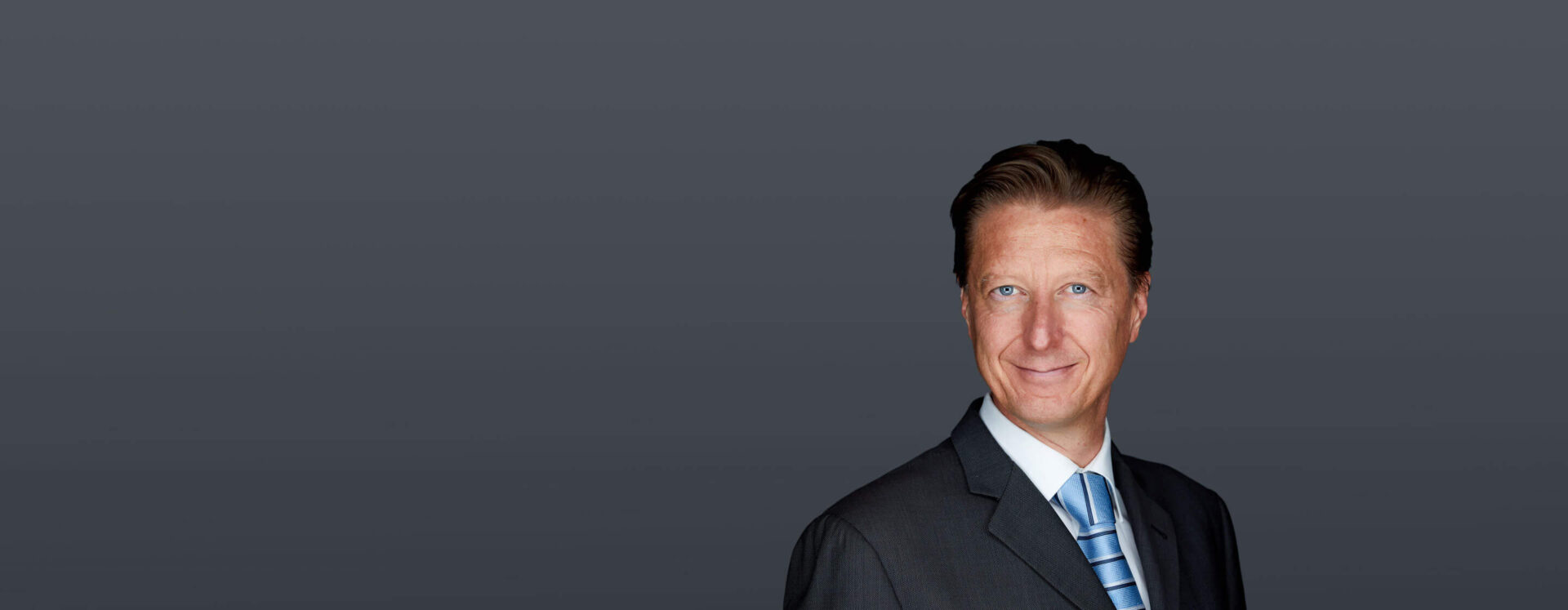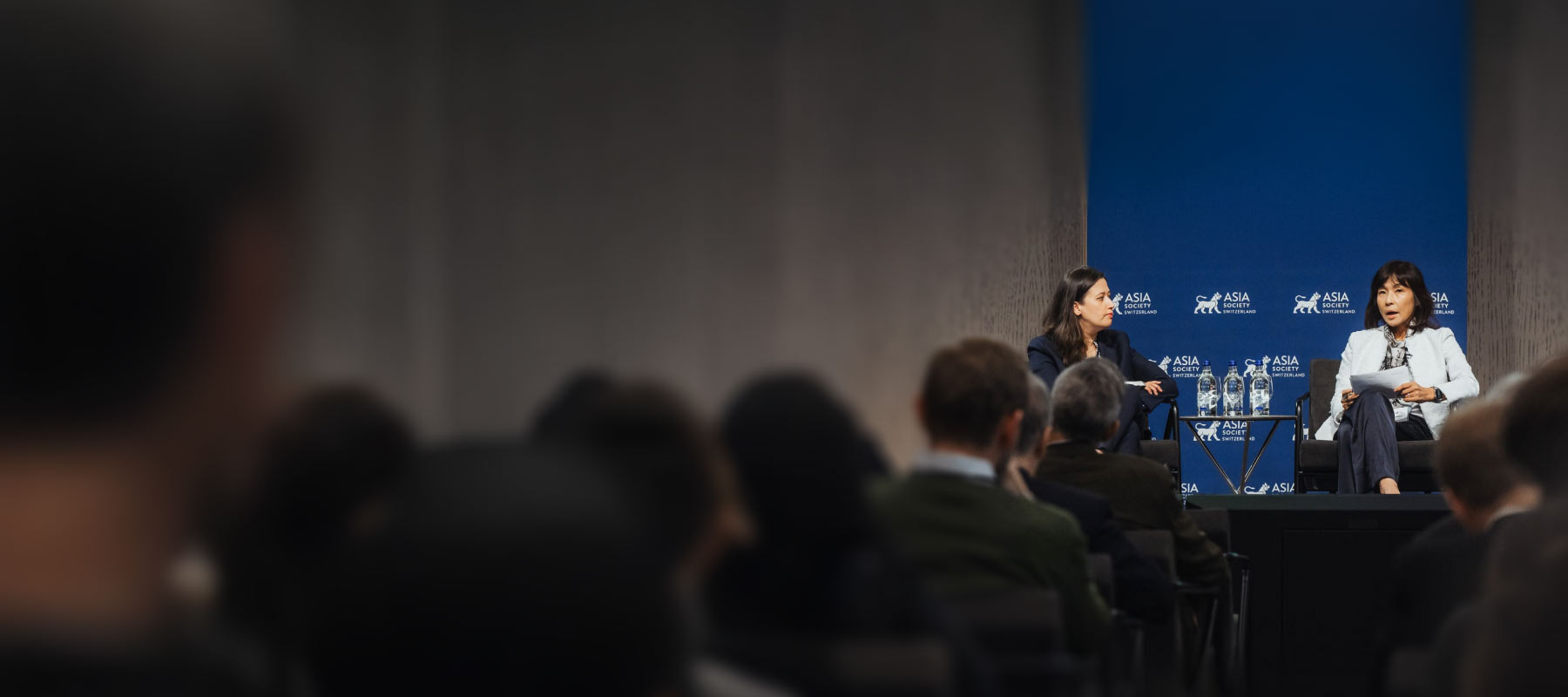
Brexit signals a rift between
the elite and the rest of the population
The UK historically voted to leave the European Union sending global markets into turmoil.
IMD caught up with Professor Didier Cossin, finance expert and author of the recent book “Inspiring Stewardship,” to discuss the causes and what’s next.
Are you pessimistic or optimistic about the results of the Brexit vote?
I am quite pessimistic. It shows that there is an incredible rift between elites and the general population. I think Prime Minister David Cameron was irresponsible and put his country in a situation of risk. Both he and the markets badly misjudged the possible outcome of the referendum.
What could be some of the worst consequences?
There are many signs of a rise of nationalism, a rise in social tension and most of all a high level of uncertainty. Under uncertain circumstances, companies don’t invest, don’t recruit and don’t contribute to society anymore. Even if nothing else happens, a tremendous amount of value has already been wiped off markets and balance sheets.
Why do you think voters chose to Brexit?
People feel like they are no longer represented by elites in government and business. That stems from companies only focusing on economics and not caring about the well-being of society. Businesses are no longer connected to the people. They don’t focus on social issues and that is coming back to haunt them because people are revolting, voting Brexit for example, hurting their economic performance.
How can companies be more responsible social actors?
Organizations need to bring back value to populations. They need to adopt a new style of leadership, called stewardship, which focuses on societal well-being, and not nationalism and immigration and other divisive issues. Organizations should inspire people to believe that what they’re doing is for the long-term benefit of society. Companies and individuals need to be aware of more good examples of well-stewarded organizations and steward leaders such as Ratan Tata, Maersk or Hyundai’s founder Chung Ju-yung. One thing that most people aren’t aware of is that companies that are led with a strong sense of stewardship perform better in the long run.
What do you see next for the UK and Europe?
In the next one to two years, I fear that Britain will disintegrate with the Scottish breaking off and joining the EU. One of the worse things that could happen is that nationalists in France force a Frexit. If France is not in Europe any longer then the union would effectively be dismantled.
Some moves Europe could make to strengthen itself are to address the needs of the general population and to be more democratic.
Didier Cossin rofessor of Finance and Governance at IMD and director of the IMD Global Board Center. He directs High Performance Boards, a program for supervisory board members and chairpersons.
Didier Cossin and Ong Boon Hwee are the authors of the recently released book “Inspiring Stewardship“.
Research Information & Knowledge Hub for additional information on IMD publications
With stagnant import volumes since 2021, and import prices at levels below those suggested by fundamentals, foreign exporters face an uphill battle to convert access to the Chinese market into revenues. Notably, the volume stagnation predates the ...
Research Information & Knowledge Hub for additional information on IMD publications
Research Information & Knowledge Hub for additional information on IMD publications
Research Information & Knowledge Hub for additional information on IMD publications
Research Information & Knowledge Hub for additional information on IMD publications
in I by IMD
Research Information & Knowledge Hub for additional information on IMD publications
in I by IMD 20 December 2024
Research Information & Knowledge Hub for additional information on IMD publications
in I by IMD 20 December 2024
Research Information & Knowledge Hub for additional information on IMD publications
in Binder, Julia Katharina (Ed.); Haanaes, Knut Bjarne (Ed.) / Leading the sustainable business transformation: A playbook from IMD, pp. 47-57 / Hoboken: Wiley, 2025
Research Information & Knowledge Hub for additional information on IMD publications
Research Information & Knowledge Hub for additional information on IMD publications
in I by IMD 13 December 2024
Research Information & Knowledge Hub for additional information on IMD publications






